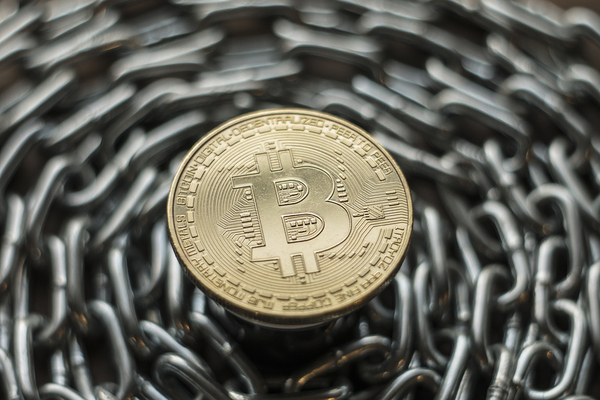
The big downside of a corporation, from some perspectives, is that it’s run by humans. Humans don’t crunch numbers dispassionately and look at the market, but are driven by emotions. All it takes to ruin a corporation is one human making one mistake, and that mistake snowballs. You don’t even need to be in a leadership role. Nicholas Leeson brought down Barings Bank simply by making a bad bet and then covering it up. But until now, humans couldn’t be taken out of the equation. Altcoins have, theoretically, changed all that.
A distributed autonomous organization, or DAO, is basically strings of computer code turned into a corporation run on an altcoin network. It’s not dissimilar to the quantitative investor programs, or quants, that currently drive Wall Street. Think of it as a corporation driven entirely by the numbers. If this condition is met, the code does this, according to strings of code called “smart contracts.” The only difference is you can buy stock in the program, and the books are not private. Everything the corporation does is on the blockchain.
This may sound great in theory, but attempts to put it into practice have underscored some problems. The DAO, a crowdfunded DAO on Ethereum, collapsed thanks to security errors in the code amid a mess so bad that they actually had to hard-fork the entire blockchain just to salvage what was left, since once the code was up and running you couldn’t stop it. You can’t edit the blockchain, after all. Smart contracts are intriguing, and DAOs are definitely worth exploring, but make no mistake, they’re risky. Before you sign a smart contract, educate yourself on what you are getting into by subscribing to the Bitcoin Market Journal newsletter!

